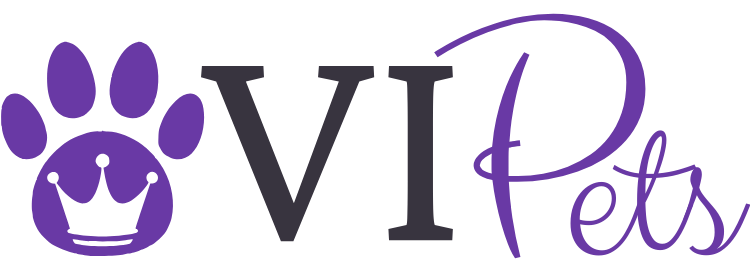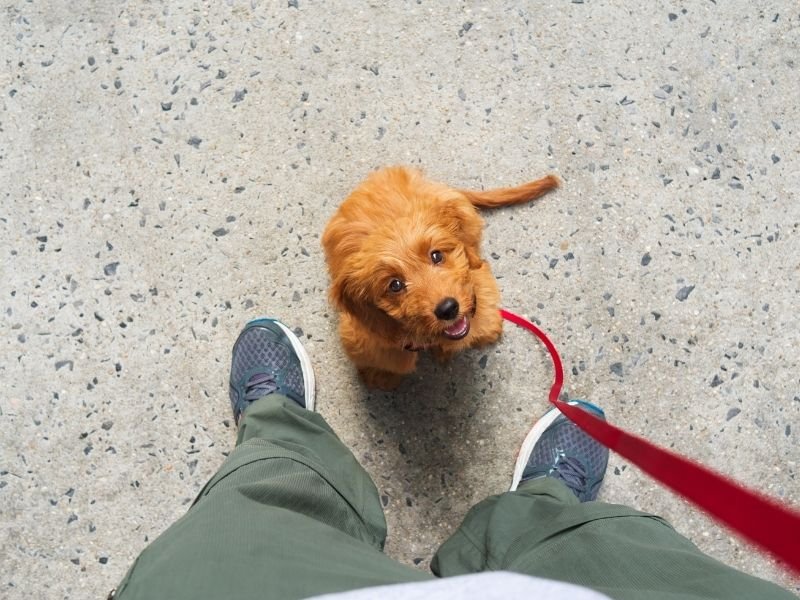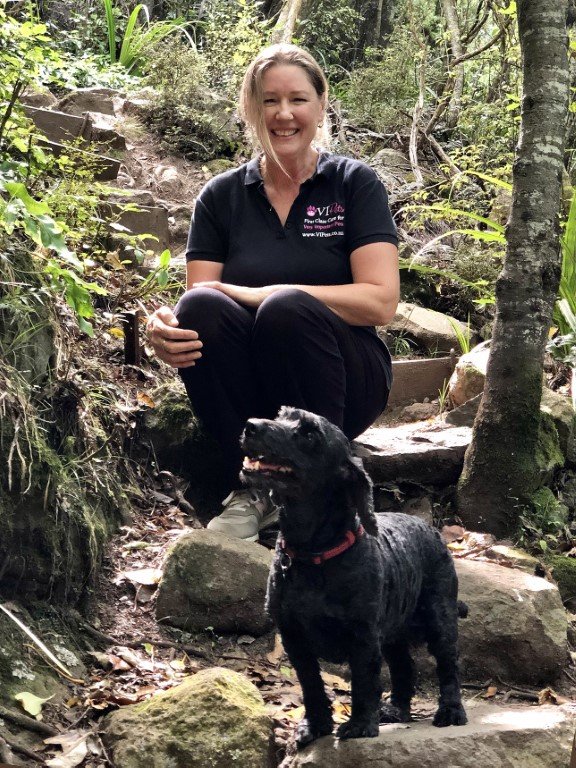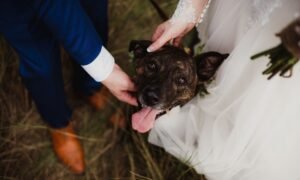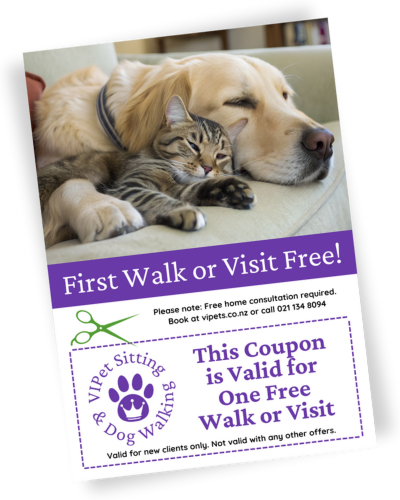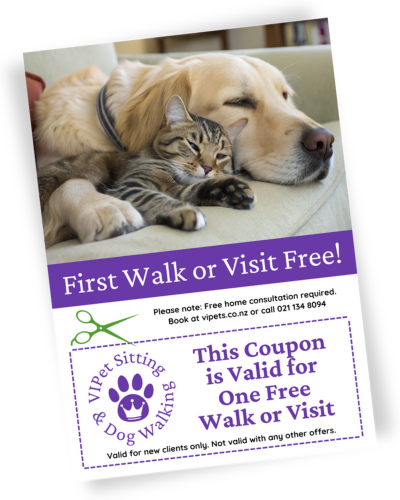Training your puppy doesn’t have to feel like a chore – in fact, the most effective learning happens when your furry friend thinks they’re just having fun. Puppy training games combine the mental stimulation your intelligent companion craves with essential life skills they need to become confident, well-behaved adult dogs. After over 10 years of doing puppy visits in Christchurch, we’ve discovered that the right games can transform training from a daily struggle into your puppy’s favourite part of the day.
Why Puppy Training Games Are Essential for Development
Puppies are learning machines with boundless energy and curiosity. Traditional repetitive training sessions often lose their attention within minutes, but games tap into their natural instincts whilst building crucial skills. The magic happens when your puppy is so engaged in play that they don’t realise they’re mastering important behaviours.
Mental Stimulation That Prevents Problems
A mentally tired puppy is a well-behaved puppy. Games that challenge your puppy’s mind are often more exhausting than physical exercise alone, helping prevent the destructive behaviours that emerge from boredom – like chewing your favourite shoes or redecorating your kitchen with toilet paper.
Building Confidence Through Success
Well-designed training games create opportunities for your puppy to succeed, building their confidence and enthusiasm for learning. Each small victory reinforces positive associations with training, making your puppy eager to engage rather than reluctant to participate.
Strengthening Your Bond
Interactive games create positive shared experiences that deepen the connection between you and your puppy. This bond becomes the foundation for all future training and helps establish you as your puppy’s trusted guide through new experiences.

Age-Appropriate Games: Matching Activities to Development Stages
8-12 Weeks: Foundation Games for Tiny Minds
At this crucial age, your puppy’s brain is rapidly developing, making it the perfect time to introduce gentle games that build basic skills whilst respecting their limited attention span.
The Name Game Start with the most important word your puppy will ever learn – their name. Make it a joyful game by saying their name in a happy voice and immediately rewarding them with treats, praise, or play when they look at you. Practice throughout the day during calm moments, gradually increasing the distance and adding gentle distractions.
Expert tip: Never use your puppy’s name when they’re in trouble – you want them to associate it purely with good things happening.
Treat Trail Adventures Create a simple trail of tiny treats leading to their food bowl or favourite toy. This game encourages natural scavenging behaviours whilst teaching your puppy to use their nose and think about following paths – foundational skills for future recall training.
The Gentle Handling Game Regularly handle your puppy’s paws, ears, mouth, and tail whilst giving treats and praise. This crucial game prevents future difficulties with veterinary examinations, nail trimming, and grooming whilst building trust and reducing anxiety around human touch.
12-16 Weeks: Building Complexity and Control
As your puppy’s attention span increases and their coordination improves, you can introduce games that require more thought and self-control.
The Wait Game Teaching patience through play begins with making your puppy wait briefly before receiving something wonderful. Start with their food bowl – ask them to sit, then slowly lower the bowl, lifting it back up if they break position. Only place it down when they remain sitting. Gradually increase the waiting time as they master the concept.
Hide and Seek: Puppy Edition Start by hiding behind furniture whilst your puppy watches, then call their name excitedly. When they find you, celebrate enthusiastically and offer treats or play. Gradually make your hiding spots more challenging, building both their problem-solving skills and their desire to come when called.
The Impulse Control Treasure Hunt Place treats or toys around the room whilst your puppy watches, but don’t let them immediately rush to collect them. Start with just one item and teach them to wait for your “okay” before investigating. This game builds incredible self-control whilst making waiting feel rewarding rather than frustrating.
16+ Weeks: Advanced Games for Growing Minds
Older puppies can handle more complex challenges that combine multiple skills and require sustained attention.
The Training Circuit Adventure Create a series of simple tasks your puppy can complete in sequence – perhaps sitting at one cone, walking through a tunnel, then lying down at another marker. This builds focus, memory, and the ability to follow multi-step instructions whilst keeping training feeling like an exciting adventure.
Resource Sharing Games Prevent future resource guarding by making sharing feel beneficial rather than threatening. Practice approaching your puppy whilst they’re enjoying a chew toy, dropping an even better treat nearby, then walking away. They learn that human approach means good things appear rather than good things disappearing.
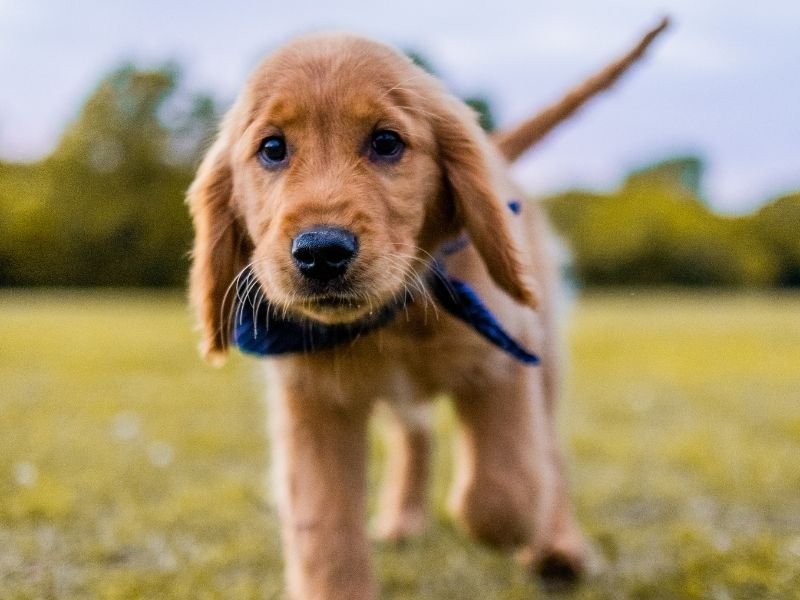
Essential Games That Address Common Training Challenges
Solving House Training Through Play
The Toilet Bell Game Hang a bell by your door and teach your puppy to ring it before going outside. Start by ringing it yourself each time you take them out, then encourage them to touch it with their nose or paw before opening the door. Soon they’ll understand this magical bell opens the door to outdoor adventures.
The Designated Spot Celebration Make eliminating in the correct location the best thing that happens in your puppy’s day. The moment they finish toileting outside, throw an immediate party with treats, praise, and play. This positive association makes them eager to perform in the right place.
Building Loose Lead Walking Skills
The Follow Me Game Before introducing a lead, teach your puppy that staying near you brings rewards. Walk around your garden, stopping randomly to give treats when your puppy chooses to stay close. Change direction frequently, making yourself unpredictable and interesting to follow.
The Red Light, Green Light Game Practice impulse control by walking normally, then suddenly stopping. When your puppy notices and stops too, reward them enthusiastically. This builds the foundation for loose lead walking by teaching them to pay attention to your movements.
Preventing Destructive Chewing
The Treasure Exchange Game When your puppy picks up something inappropriate, don’t chase or try to take it away. Instead, show them something even more exciting – their favourite toy or a special treat. When they drop the forbidden item to investigate your offering, praise them and provide the reward. They learn that giving up inappropriate items leads to better things.
The Puzzle Toy Challenge Provide mental stimulation through food-dispensing toys and puzzle feeders that challenge your puppy to work for their meals. A mentally engaged puppy is far less likely to seek entertainment through destructive behaviours.
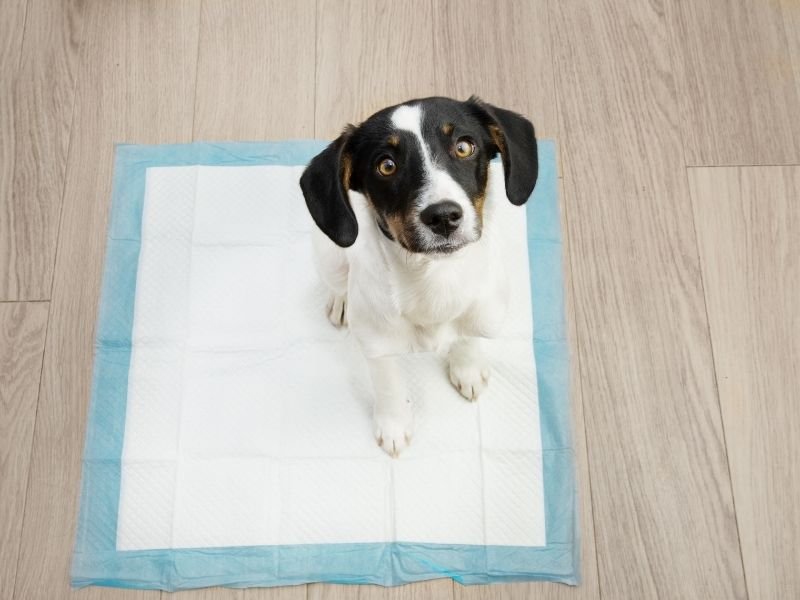
Science-Based Training Games for Specific Skills
Building Reliable Recall
The Ping Pong Recall With a partner, sit at opposite ends of a hallway and take turns calling your puppy back and forth. Each successful recall earns enthusiastic praise and treats. This game builds speed, enthusiasm, and reliability whilst teaching your puppy that coming when called is always worth their while.
The Emergency Stop Game Teach a separate “stop” command for safety situations by playing a game where your puppy runs toward you but must freeze when you say “stop.” Start with very short distances and immediately reward them for stopping, gradually increasing the challenge as they master the skill.
Developing Focus and Attention
The Eye Contact Game Reward your puppy every time they choose to look at your face. Start by waiting for natural eye contact moments, then add a verbal cue like “watch me.” This foundational skill makes all other training easier by ensuring your puppy is paying attention to you.
The Distraction Challenge Practice commands around mild distractions, gradually increasing the difficulty as your puppy succeeds. Start with asking for a sit whilst their breakfast is being prepared, progressing to maintaining focus whilst children play nearby or other dogs are visible.
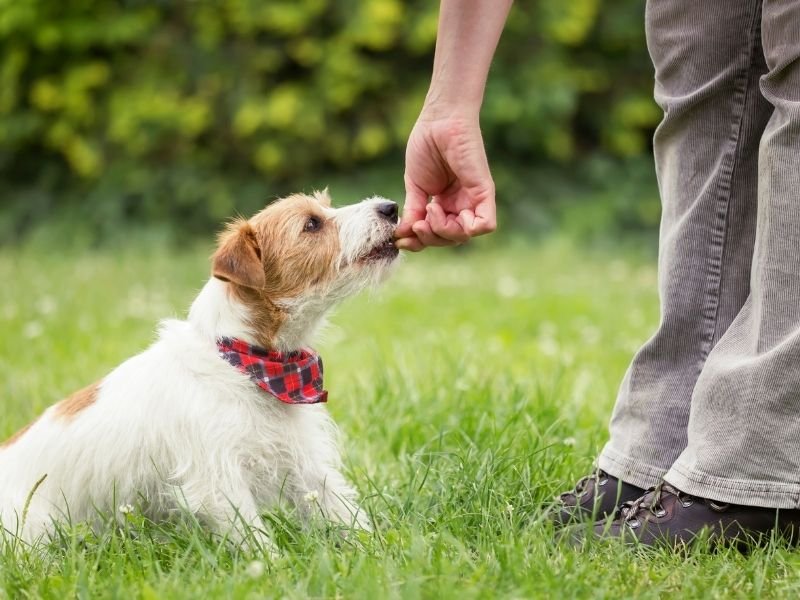
Creating the Perfect Training Game Environment
Setting Up for Success
Timing is Everything Schedule training games when your puppy is alert but not overly excited – typically after they’ve had a short play session but before meal times when they’re motivated by food rewards.
Keep Sessions Short and Sweet Puppy attention spans are brief – 5-10 minute sessions are far more effective than longer periods that lead to frustration and disengagement.
End on a High Note Always finish training games whilst your puppy is still engaged and successful. This leaves them eager for the next session rather than relieved that it’s over.
Equipment That Enhances Learning
High-Value Rewards Different puppies are motivated by different things – some prefer tiny training treats, others work for their daily kibble, and some are driven by toy play or praise. Discover what makes your puppy most enthusiastic and use it strategically.
Safe Training Spaces Begin games in low-distraction environments where your puppy can focus, gradually moving to more challenging locations as their skills develop.
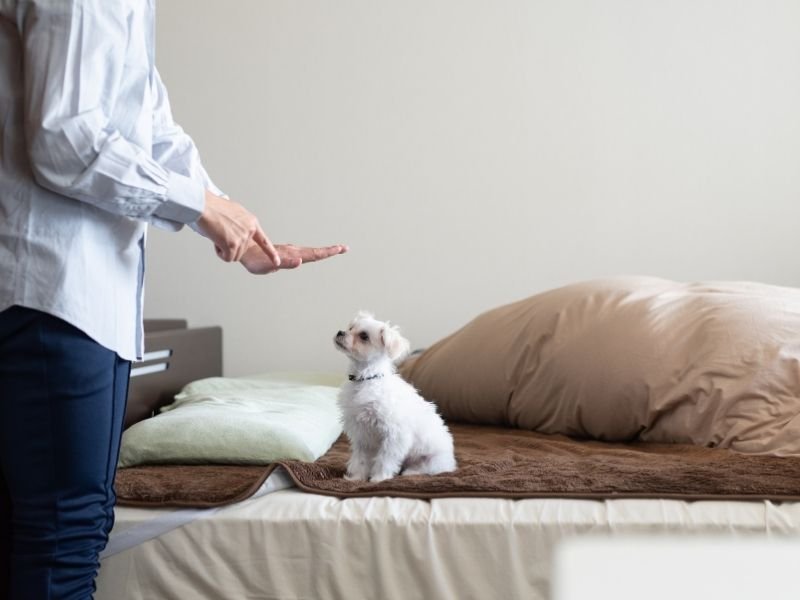
Case Study: Transforming Training Through Games
The Challenge: Jake, a 14-week-old Border Collie from Cashmere, was incredibly intelligent but easily bored with traditional training methods. His owners, Mark and Sarah, were struggling with his destructive behaviours and short attention span during training sessions.
The Game-Based Approach:
- Introduced puzzle feeders to turn meal times into mental challenges
- Developed a daily treasure hunt routine that combined recall, sit, and stay commands
- Created agility-style games using household items to channel his energy constructively
- Implemented the “training circuit adventure” to build sustained focus
The Results: Within six weeks, Jake’s destructive behaviours had virtually disappeared, replaced by enthusiasm for daily training games. His focus improved dramatically, and he began seeking out Mark and Sarah for training sessions rather than needing to be coaxed into them.

Common Training Game Mistakes to Avoid
Overcomplicating Too Quickly
Many enthusiastic puppy parents try to advance too rapidly, leading to confusion and frustration. Each game should be mastered at one level before adding complexity.
Using Games as Punishment
Training games should always be positive experiences. Using them when your puppy is in trouble or overstimulated can create negative associations that undermine their effectiveness.
Inconsistent Rules
Games work best when the rules remain consistent across all family members. Everyone should understand and follow the same guidelines to avoid confusing your developing puppy.
Forgetting to Celebrate Success
Puppies thrive on positive feedback. Enthusiastic celebration of their achievements, no matter how small, builds their confidence and motivation to continue learning.
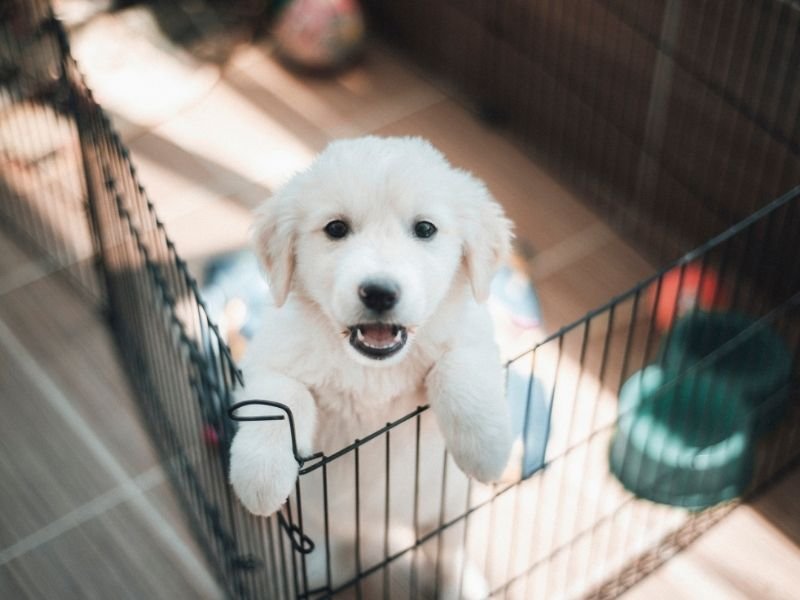
Advanced Training Game Strategies
Building Problem-Solving Skills
The Choice Game Present your puppy with two closed fists, one containing a treat. Let them investigate and choose, rewarding correct choices enthusiastically. This builds decision-making skills and teaches them that their choices have consequences.
The Patience Pyramid Gradually increase the duration your puppy must maintain behaviours like sitting or lying down, building their ability to sustain attention and self-control over longer periods.
Preparing for Real-World Challenges
The Doorway Manners Game Practice polite greetings by having family members approach the door, ring the bell, and enter only when your puppy demonstrates calm behaviour. This prevents jumping on guests whilst making good manners feel rewarding.
The Car Travel Game Make car journeys positive by practising short, fun trips to exciting destinations like parks or training classes, building positive associations with vehicle travel.
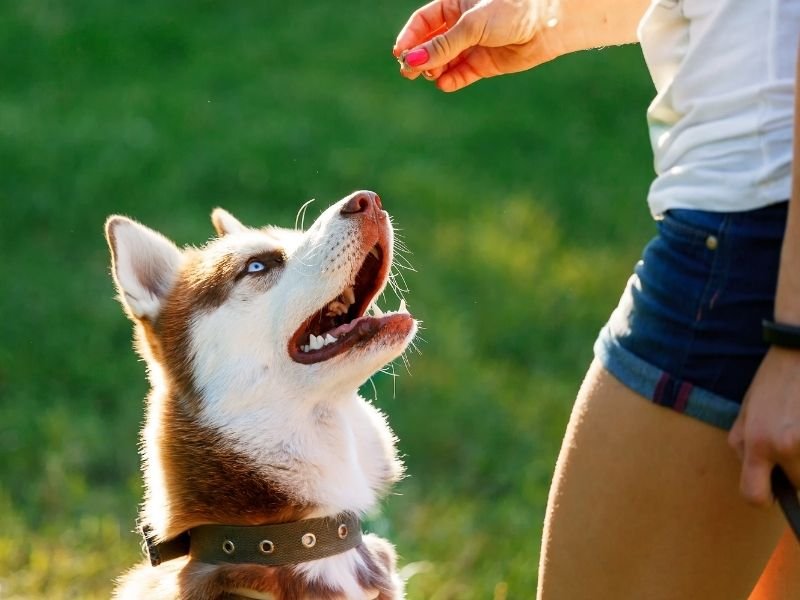
Integrating Training Games into Daily Life
Morning Energy Release
Start each day with a quick training game that engages your puppy’s mind whilst they’re fresh and eager. A five-minute session can set a positive tone for the entire day.
Pre-Meal Training Opportunities
Use meal times as natural training moments – ask for simple behaviours before placing food bowls down, turning routine feeding into skill-building opportunities.
Evening Wind-Down Games
Gentle training games in the evening can help your puppy settle for the night whilst reinforcing important skills in a calm, relaxed atmosphere.
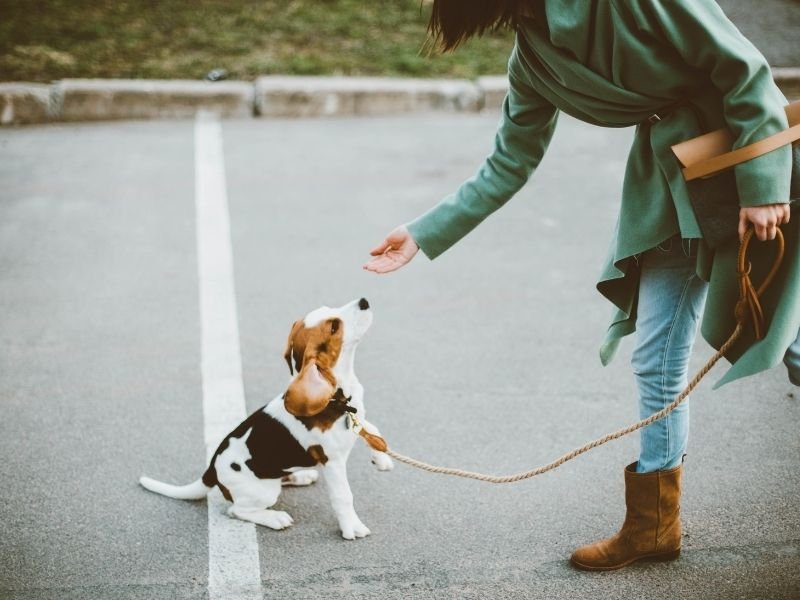
Professional Training Game Integration
Working with VIPets Professional Services
When professional pet care services incorporate training games into their visits, your puppy receives consistent reinforcement of home learning. During puppy visits, experienced professionals can:
- Continue training game routines you’ve established at home
- Introduce new challenges appropriate to your puppy’s development level
- Provide expert assessment of your puppy’s progress and suggest modifications
- Ensure training remains consistent even when you’re away
Coordinating with Professional Trainers
Training games complement formal training classes rather than replacing them. Professional trainers can suggest specific games that reinforce classroom learning whilst providing homework activities that keep skills sharp between sessions.
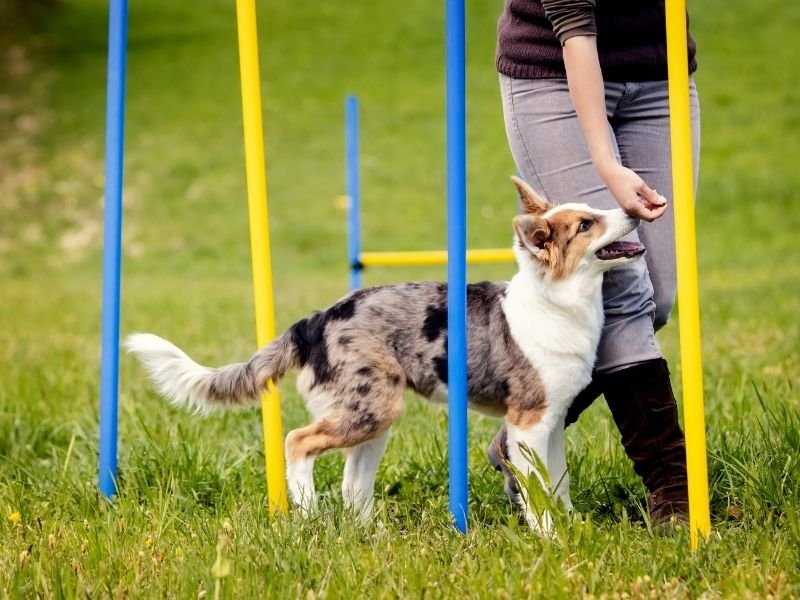
Measuring Success: Signs Your Training Games Are Working
Behavioural Improvements
- Increased enthusiasm when you bring out training equipment
- Longer attention spans during learning sessions
- Spontaneous demonstration of learned behaviours
- Reduced problematic behaviours like excessive chewing or jumping
Relationship Strengthening
- Your puppy actively seeks your attention for interaction
- Improved response to your voice and commands
- Stronger eye contact and focus during training
- Greater confidence in new situations
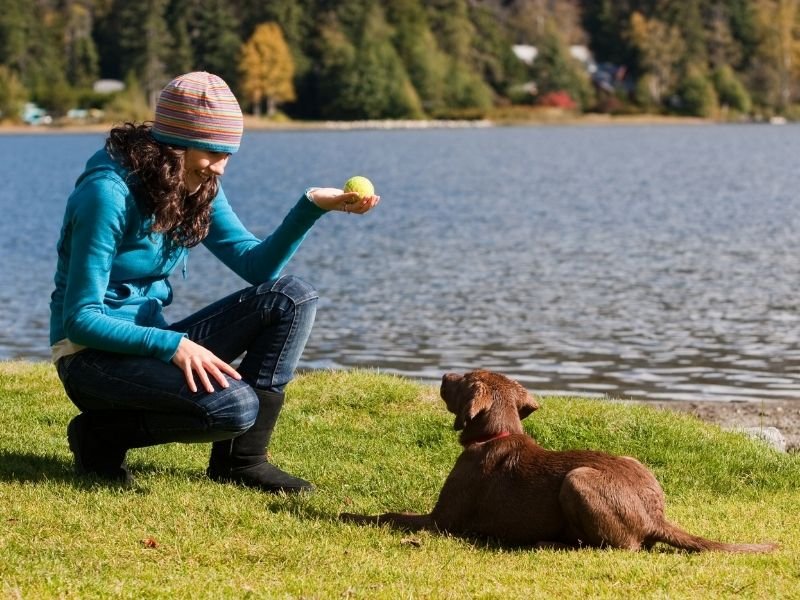
Building a Lifetime of Learning Through Play
The training games you establish with your puppy create foundations that last a lifetime. Dogs who learn to associate training with fun become adults who eagerly engage with new challenges rather than avoiding them. This positive relationship with learning makes everything from advanced trick training to addressing behavioural challenges significantly easier as your dog matures.
The investment you make in playful training during puppyhood pays dividends throughout your dog’s life, creating a companion who is not only well-behaved but genuinely enjoys working with you to learn new skills.
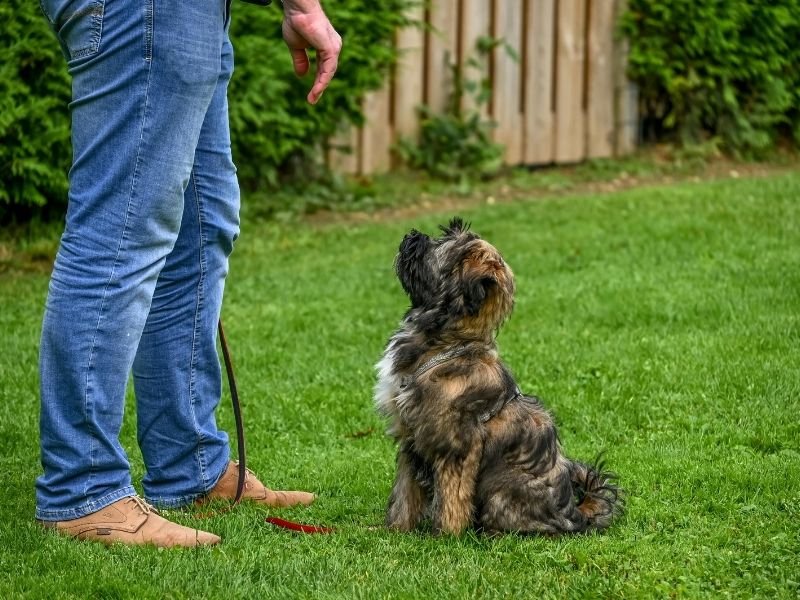
Ready to Transform Your Puppy’s Training Experience?
Training games offer the perfect blend of education and entertainment, turning necessary life skills into your puppy’s favourite activities. By understanding your puppy’s developmental needs and matching games to their abilities, you can create positive learning experiences that build both skills and confidence.
Remember, every puppy is unique, and what works brilliantly for one may need adjustment for another. Pay attention to your puppy’s responses and adapt games to match their personality, energy level, and learning style.
Your puppy’s love of learning starts with making training feel like play.
